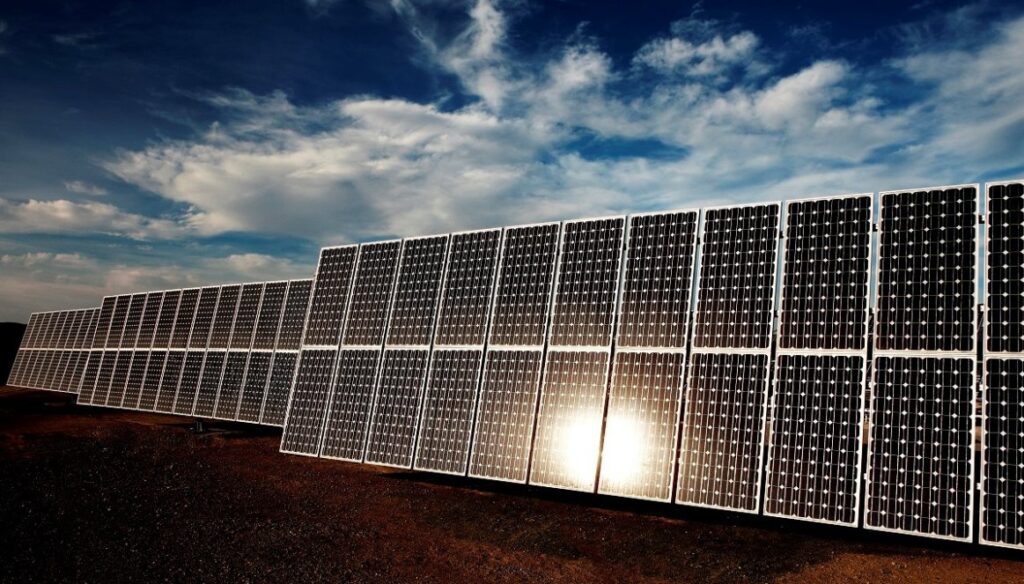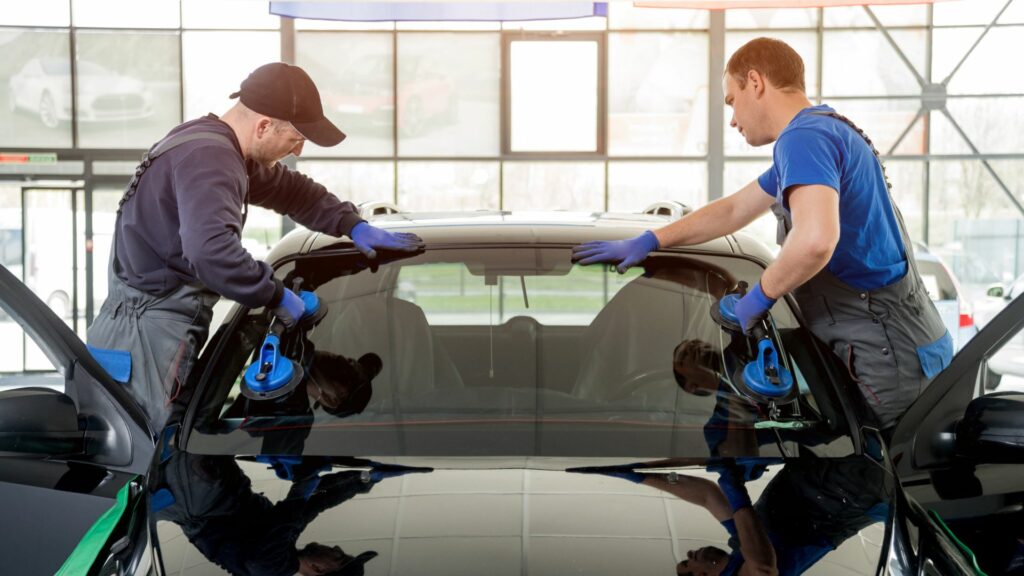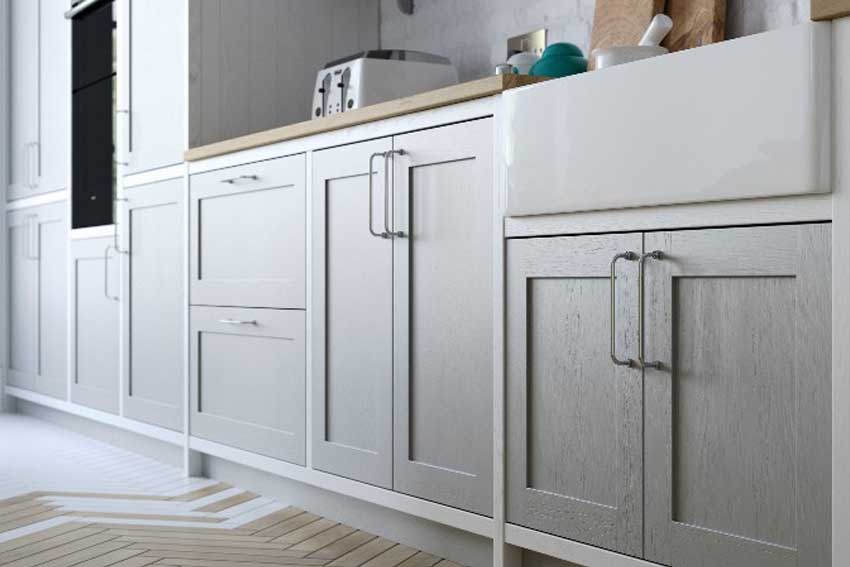You may think that living in a hot climate makes your home ideal for solar power, and although southern states receive more sunlight throughout the year, creating more efficient systems, and they provide solar incentives Virginia to individuals who can supplement their energy. However, solar panels do have an optimal temperature. This is how heat affects solar panels.
Ideal Solar Panel Temperature
Solar panels have an ideal temperature at which they have the highest efficiency. This temperature is 77 degrees. However, they perform at near-peak efficiency between 59 degrees and 95 degrees. Your panels can heat to 150 degrees when the sun shines right on them. However, this temperature varies based on airflow, the angle of the panel, the type of roof you have and the air temperature.
Material and Construction
Solar panels have highly durable materials, and their construction process helps them operate under extreme heat. They also withstand freezing temperatures in the winter and can still produce energy. The plastic on the back of the panel also keeps out moisture, and thus corrosion, as well as UV rays. In fact, you will notice that plastic covers the entire panel.
Impact On Longevity
When you pay for your solar system, even if you take advantage of Florida solar incentives, you want your panels to last and produce energy for decades. Unfortunately, if your temperatures are high for significant periods of time, they can start to degrade and damage the materials used to construct the panel. This will shorten the lifespan of your solar system.
Temperature fluctuations can also cause the panel materials to expand and contract, which can impact longevity. This damages the metal soldering and parts within the panel.
Effect on Efficiency
Extreme temperatures, such as high heat, impact the efficiency of your solar panels. Each panel has a temperature coefficient based on its quality and type. This coefficient tells you how the panel’s efficiency changes with each degree of increase or decrease. For example, if the coefficient is 0.35%, one degree hotter than the ideal temperature of 77 degrees will reduce energy production by 0.36%.
Other Factors That Impact Solar Efficiency
In addition to temperature, your panel’s orientation, tilt, sunlight strength and age can all impact solar panel efficiency. The age of your panel can also impact how much energy your system produces. Your panels can also collect debris and snow, which can impact their production. Your system should last beyond the life of your roof, at least 25 years.
Heat Effect Reduction
To reduce the impact heat has on your panels, you should consider making sure you have airflow under and around your panels. Make sure they sit at least a few inches off of your roof or the surface you install them on. In addition, choose panels that have light-colored construction. Also, while you should have your panels in a position to absorb as much sun as possible, install the rest of your system components out of the sun. Find a shady area or place them inside to reduce the heat around them.
As you investigate your solar panel system options, learn how to keep your panels in optimal condition and efficiency. Then investigate the accessories, such as how much Tesla Powerwall cost if you want a backup battery system.






